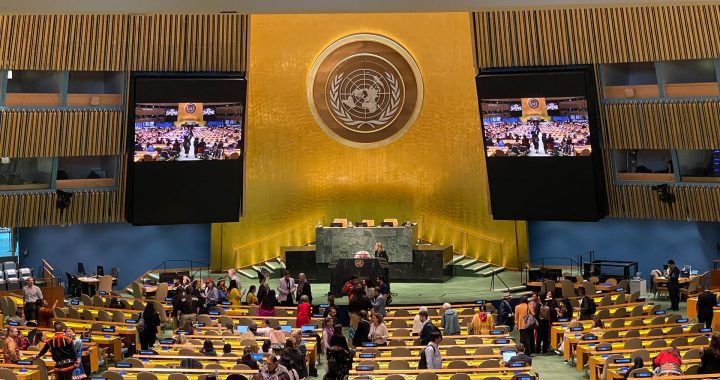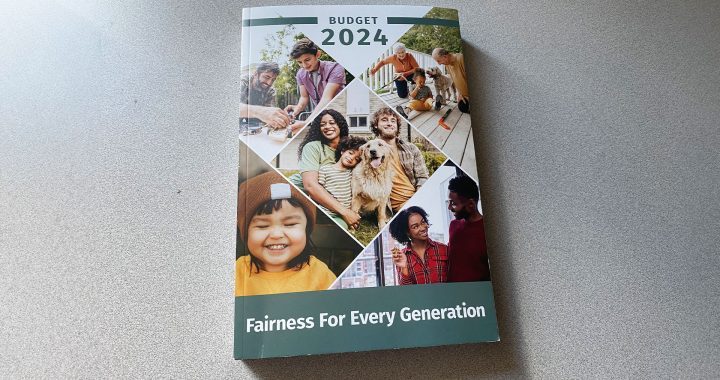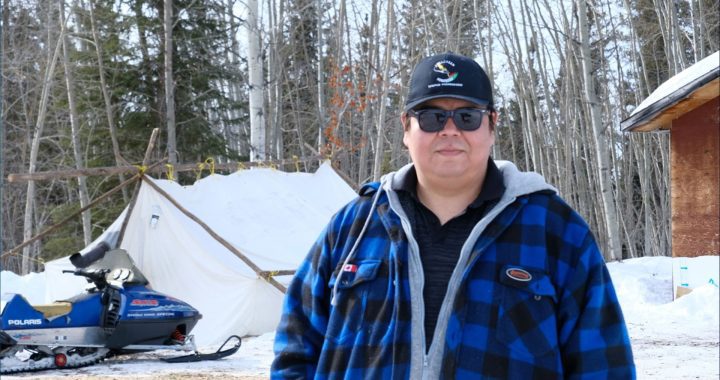Conservatives refuse to reveal numbers on party petition calling for more First Nation transparency
The Conservative party is refusing to release the number of signatures amassed on a petition calling for “more transparency for First Nation governments” promoted by Aboriginal Affairs Minister Bernard Valcourt on the party’s website.
(Image from Conservative party website)
Jorge Barrera
APTN National News
The Conservative party is refusing to release the number of signatures amassed on a petition calling for “more transparency for First Nation governments” promoted by Aboriginal Affairs Minister Bernard Valcourt on the party’s website.
Valcourt, who is identified by his northern New Brunswick riding on the website, asks for signatures to support his government’s recently enshrined First Nations Financial Transparency Act.
“All Canadians deserve the right to expect accountability and transparency from their governments,” writes Valcourt, whose photograph is posted on the web page. “Until recently, First Nations governments were the only level of government not required to make basic financial information public.”
Valcourt goes on to take a shot at Liberal leader Justin Trudeau who has said he would repeal the Act.
“Sadly, the Liberals would prefer that this vital information stay hidden from their communities,” writes Valcourt, before asking for signatures of support.
His party, however, is refusing to release the number of signatures the online petition has garnered.
Conservative spokesperson Cory Hann would only say that “thousands of Canadians” have signed the petition and “we keep getting more signing up every day.”
NDP Cree MP Romeo Saganash said he found the party’s actions offensive.
“The Conservatives are sickening,” said Saganash. “This is yet another example of Harper’s dismal failure to understand such basic principles as the Honour of the Crown, reconciliation and inherent Indigenous rights.”
A California-based consultant who handles petitions said they are useless if the number of signatures attached to them is unknown.
“Generally, it is of no value until they reveal how many have signed,” said Michael Arno, of Sacramento-based Arno Consulting.
Arno said the White House had done something similar that was aimed at obtaining people’s addresses.
The Conservative’s petition asks signers to also submit their email addresses and postal codes.
Arno said the Conservatives may not be happy with the amount of signatures they’ve manage to collect so far and may be waiting to get more before revealing the actual number.
“Right from the very beginning, everyone wants the advantage. Giving you the exact number is not to their advantage right now, but it may be later,” said Arno.
The Conservative party posted the petition to Facebook on Feb. 8. It has been “liked” 2,330 times, shared 385 times and attracted 312 comments.
Many of the comments expressed negative views toward First Nation people.
“Tear up all Treaties…We don’t owe these present day ‘Native’ descendants anything. Any ‘Aboriginals’ alive at the time of Confederation are dead,” said Facebook poster by the name of Gail Hawthorne.
“Why is the ‘term first nations’ used? It implies higher status. How about using the term Aboriginal Transparency Act. This more accurately describes the Act (sic),” said Cheryl MacNaughton, whose Facebook profile says she is the founder and CEO of Peak to Peak Marketing.
The petition and Facebook posting have triggered some online speculation about the Conservative’s motivation.
“Are Conservative race-baiting Facebook with this First Nations petition?” posted the left-leaning PressProgress website.
APTN National News sent Valcourt several questions about the petition. APTN asked what the minister intended to do with the petition, whether he planned to present it in the House of Commons and whether he would use it to inform policy decisions.
The minister’s office had not responded as of this article’s posting.
The Conservative party first posted the petition on its website in December with the image of an inuksuk which is an iconic Inuit symbol. The Inuit are not impacted by the transparency legislation and are not First Nation.
@JorgeBarrera









